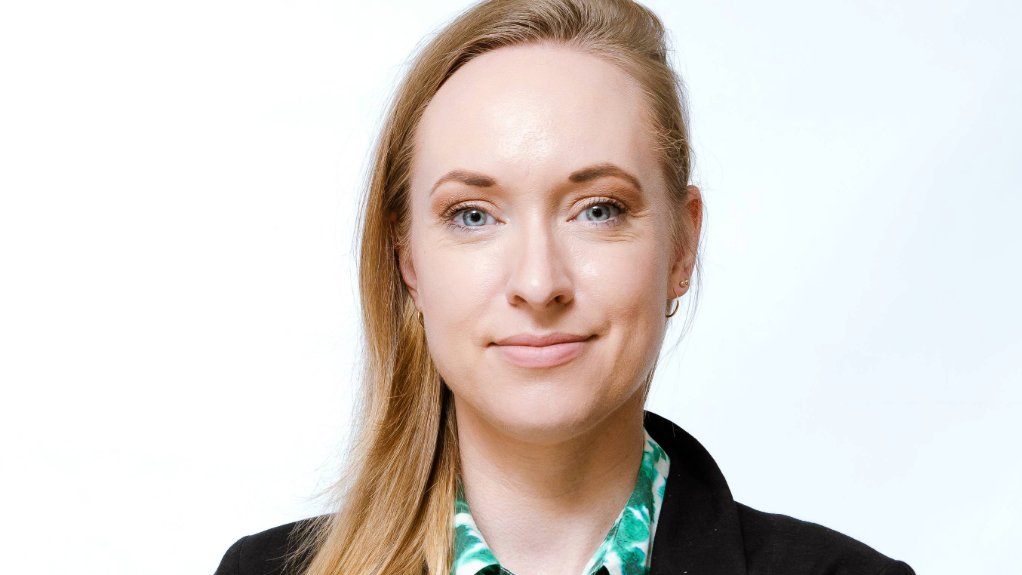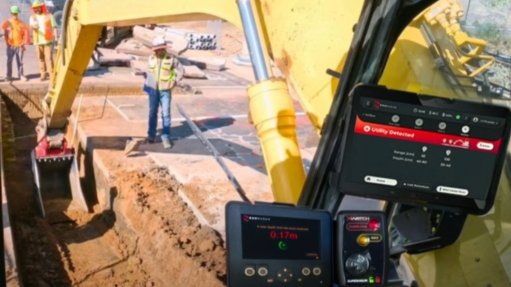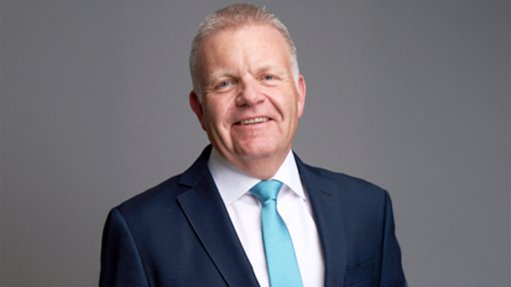Automotive policy roll-out, affordable mobility top list of priorities for new AAAM CEO
New CEO at the African Association of Automotive Manufacturers (AAAM), Victoria Backhaus-Jerling, says she has four main priorities for her tenure at the industry body.
Before her appointment on March 1 – taking over from Dave Coffey – Backhaus-Jerling served as South African project office head for the German automotive industry association (VDA) for almost five years.
Speaking from Gaborone, Botswana, Backhaus-Jerling says her first goal is to see the rollout of government-level automotive policies across a number of African countries.
She expects Côte d’Ivoire to present a completed automotive industry development programme in June, whilst Ghana, Kenya, Nigeria, Egypt and Algeria are all working on rolling out their policies.
“We need one country to pull ahead and implement and then others will follow.”
Backhaus-Jerling’s second priority is to promote affordable mobility within the African context.
Globally, vehicles are largely designed for markets outside Africa, not taking into account the continent’s market conditions and/or price sensitivity.
This is also one of the main reasons many African countries are often flooded with second-hand imports from the rest of the world.
In order to assemble vehicles in Africa, however, vehicle manufacturers require a market willing and able to buy new vehicles, with these new vehicles then eventually becoming the used-vehicle market.
This does mean, though, that vehicle manufacturers must produce vehicles in Africa that the African market can afford, while consumers must also have access to economically sensible vehicle and asset finance.
Sadly, finance such as this is often lacking, or very expensive.
“High interest rates like 25% are common in some African countries, making it unaffordable to purchase a new vehicle,” says Backhaus-Jerling.
Affordable mobility also means often looking beyond four wheels to less-expensive two- and three-wheeler options – micromobility – especially in terms of electric vehicles, often charged by means of solar power.
“Affordability is the biggest obstacle the auto industry faces in Africa – mobility is not affordable for the masses,” notes Backhaus-Jerling.
Her third priority is to gain a clearer understanding of the grey used import market in Africa.
“The problem is that these vehicles do not add any value to the African market.”
A fourth and last immediate main priority is mineral beneficiation.
“The talk here is often linked to electric vehicles and battery plants, but I believe there is lower-hanging fruit available to Africa,” says Backhaus-Jerling.
One of the initiatives she is driving is the development of a copper value-chain within the Southern African Development Community (SADC).
“I visited a wire-harness company in Botswana and it is likely that the copper came either from Botswana itself, or from Zambia.
“However, this copper was then probably shipped to Asia to be processed, and then on to Turkiÿe or Europe for the wire to be manufactured, and only then did it come all the way back to Botswana to be turned into wire harnesses,” explains Backhaus-Jerling.
“Would it not make sense to process that copper locally? There is a real chance that this can happen in SADC.
“Also, copper is becoming an increasingly valuable commodity in the electric vehicle value-chain.”
As for the development opportunities that exist within Africa, Backhaus-Jerling believes the US’s stance on tariffs may have boosted the potential, and willingness, of intra-African trade.
“It seems logical to trade with your neighbour; to trade more in Africa.”
Backhaus-Jerling is hopeful that the rules of origin within the African Continental Free Trade Area will be completed in October this year.
The aim is for 40% local content in order to qualify for reduced-tariff trade within Africa.
“Some countries with less advanced automotive industries are, however, advocating for a 30% rules of origin threshold.
“We hope to pull them in, as 40% is required to drive real industrialisation.”
Article Enquiry
Email Article
Save Article
Feedback
To advertise email advertising@creamermedia.co.za or click here
Press Office
Announcements
What's On
Subscribe to improve your user experience...
Option 1 (equivalent of R125 a month):
Receive a weekly copy of Creamer Media's Engineering News & Mining Weekly magazine
(print copy for those in South Africa and e-magazine for those outside of South Africa)
Receive daily email newsletters
Access to full search results
Access archive of magazine back copies
Access to Projects in Progress
Access to ONE Research Report of your choice in PDF format
Option 2 (equivalent of R375 a month):
All benefits from Option 1
PLUS
Access to Creamer Media's Research Channel Africa for ALL Research Reports, in PDF format, on various industrial and mining sectors
including Electricity; Water; Energy Transition; Hydrogen; Roads, Rail and Ports; Coal; Gold; Platinum; Battery Metals; etc.
Already a subscriber?
Forgotten your password?
Receive weekly copy of Creamer Media's Engineering News & Mining Weekly magazine (print copy for those in South Africa and e-magazine for those outside of South Africa)
➕
Recieve daily email newsletters
➕
Access to full search results
➕
Access archive of magazine back copies
➕
Access to Projects in Progress
➕
Access to ONE Research Report of your choice in PDF format
RESEARCH CHANNEL AFRICA
R4500 (equivalent of R375 a month)
SUBSCRIBEAll benefits from Option 1
➕
Access to Creamer Media's Research Channel Africa for ALL Research Reports on various industrial and mining sectors, in PDF format, including on:
Electricity
➕
Water
➕
Energy Transition
➕
Hydrogen
➕
Roads, Rail and Ports
➕
Coal
➕
Gold
➕
Platinum
➕
Battery Metals
➕
etc.
Receive all benefits from Option 1 or Option 2 delivered to numerous people at your company
➕
Multiple User names and Passwords for simultaneous log-ins
➕
Intranet integration access to all in your organisation




















